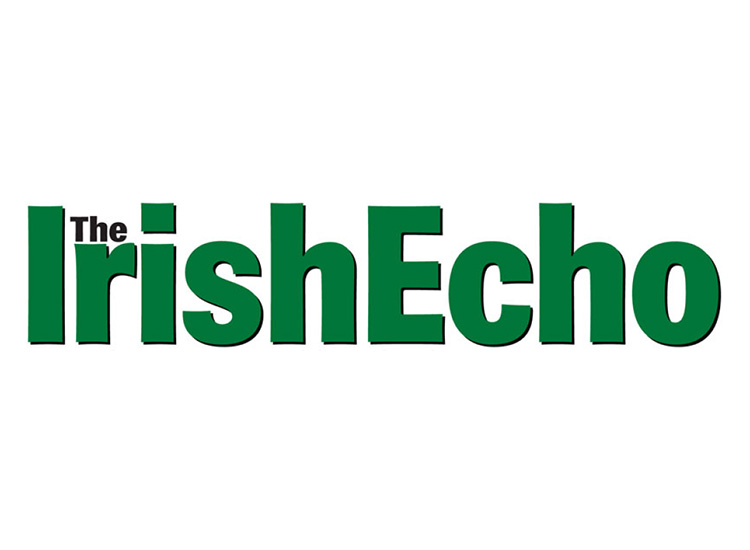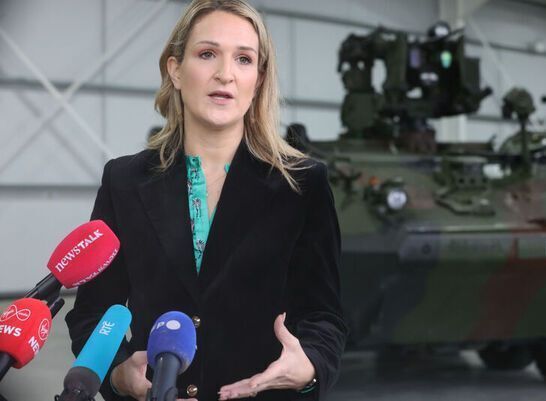[caption id="attachment_69342" align="aligncenter" width="600"]
A federal judge was Tuesday hearing arguments in the Boston College archives case that support and oppose the release of material prompted by federal subpoenas.
But the finer points of law were having to share space with the appeals of journalists, activists, and the wife of one of the archivists, that lives are being put in danger as a result of the pursuit of archival testimonies by the U.S. Justice Department.
Carrie Twomey, wife of onetime IRA member and now writer Anthony McIntyre, was present in court, this after visits to Washington, D.C. and New York during which she urged the Department of Justice to cease its efforts to secure archived testimonies on behalf of the Police Service of Northern Ireland.
"I want to bring the human side into the story. This has been lost in the shuffle of papers," said the California-born Twomey, who lives with her husband and children in Ireland.
"This is about people's lives, directly my family's life, and those who took part in the project. The justice department, by its actions, is putting the lives of Americans and Irish people in danger," Twomey said.
Tuesday's hearing, before U.S. District Court Judge William Young, was to hear arguments by federal prosecutors to dismiss a lawsuit filed by McIntyre and New York-based journalist Ed Moloney seeking to block U.S. authorities from turning over interviews of former IRA members and loyalists to the PSNI.
Young previously already ruled that interviews with some former IRA members should be handed over to the U.S. Attorney's Office though up to Tuesday's hearing he himself retained possession of the documents handed over by Boston College.
Young's decision to back the U.S. attorney's subpoenas seeking the transfer of the archives to federal prosecutors was temporarily blocked as a result of a successful appeal by Moloney and McIntyre. A federal appeals court issued an order preventing the surrender of the archive material to the Justice Department until further hearings could be held to determine whether doing so would pose a danger to the interviewers.
That issue was what occupied the court's mind Tuesday.
The case and its ramifications, both plausible and merely possible, has stirred significant reaction in the Irish American community.
Representatives of the nation's three largest and most active Irish-American organizations were set to hold a press conference in Boston after Tuesday's hearing, this, according to a statement, "to protest the British governments misuse of the U.S.-U.K. Mutual Legal Assistance Treaty to politically interfere in a sovereign nation's elections and to bully Boston College into providing records intended for historical research and academic inquiry."
Lined up for the press conference were Ned McGinley, former National President of the AOH and representing current National President Seamus Boyle, Jim Cullen, representing Robert Dunne, president of the Brehon Law Society, and Michael Cummings representing Thomas Burke, president of the Irish American Unity Conference.








